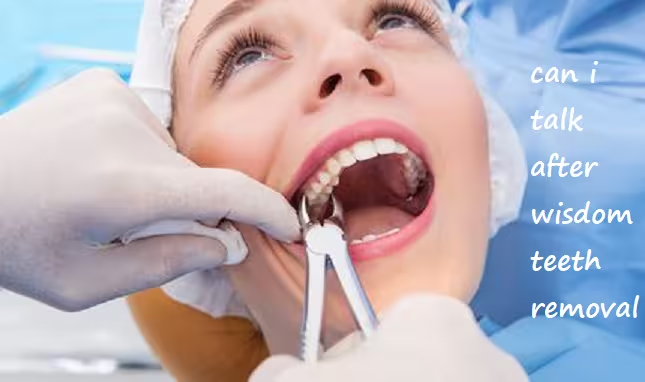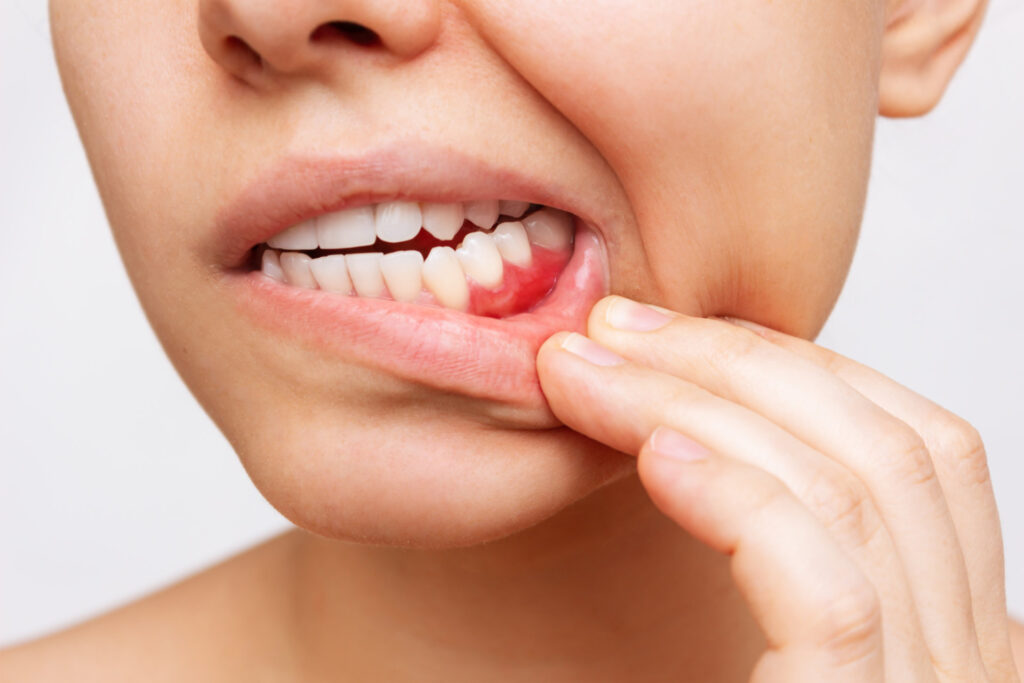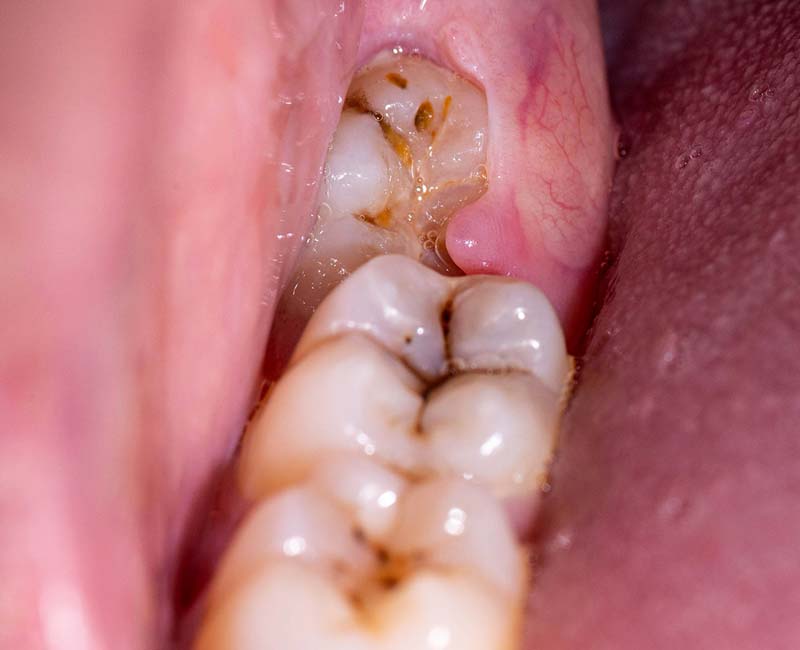Wisdom teeth are often associated with discomfort, swelling, and even dental complications, but can they also be the cause of temporomandibular joint (TMJ) disorders? The answer is a bit nuanced. While wisdom teeth don’t directly cause TMJ disorders, their impact on the jaw can contribute to TMJ-like symptoms. For individuals experiencing jaw pain, stiffness, or even facial discomfort, understanding the potential link between wisdom teeth and TMJ can be essential to finding relief. This post delves into the connection, examining factors from wisdom teeth anatomy to common TMJ triggers, with practical insights on treatments and ways to relieve TMJ-related dizziness and ear issues.
Understanding the Link Between Wisdom Teeth and TMJ
To comprehend how wisdom teeth and TMJ disorders might relate, it's important to recognize what each involves. The temporomandibular joint is the hinge-like structure connecting the jawbone to the skull, allowing us to chew, talk, and move our jaws freely. TMJ disorders arise when something disrupts this complex system, causing pain or restricted movement. On the other hand, wisdom teeth—our third molars—are the final set of teeth to emerge, often causing issues due to their position or lack of space.
Can Wisdom Teeth Cause Jaw Pain?
Impacted or misaligned wisdom teeth don’t directly cause TMJ disorders, but they can certainly aggravate the TMJ and trigger symptoms similar to TMJ pain. For instance, if a wisdom tooth is growing at an angle, it can press on the surrounding jawbone or nearby nerves, leading to jaw stiffness, swelling, and discomfort—all symptoms that mimic TMJ disorders. In some cases, impacted wisdom teeth can exert additional pressure on the jaw muscles and joints, contributing to an imbalance that may trigger TMJ-like symptoms.
Example: Imagine a car with a misaligned wheel. It still drives, but the added pressure on that wheel affects the car’s handling and stability. Similarly, impacted wisdom teeth place additional strain on your jaw, potentially leading to jaw pain and clicking noises. Learn more about the duration and treatment options for TMJ issues for a deeper understanding of how these symptoms might progress.
Can Impacted Wisdom Teeth Lead to TMJ Issues?
In most cases, TMJ disorders result from other factors entirely, such as arthritis, jaw injuries, or habitual teeth grinding (bruxism). These factors can erode or damage the TMJ over time, making it vulnerable to pain and dysfunction. While impacted wisdom teeth can contribute to discomfort in the jaw area, they don’t directly alter the TMJ’s structure. Stress, genetics, and hormonal factors also influence TMJ health, further separating these issues from wisdom teeth complications. If you’re active in weightlifting, you might also want to understand how weightlifting impacts TMJ, as physical strain can exacerbate jaw issues.
Identifying the Symptoms of Wisdom Teeth vs. TMJ
Is Jaw Pain from Wisdom Teeth Related to TMJ?
Differentiating between wisdom tooth pain and TMJ pain can be challenging, as both conditions produce similar symptoms: jaw pain, stiffness, headaches, and even ear discomfort. However, a few key differences exist:
- Location of Pain: TMJ pain is often centered around the jaw joint and may spread to the face or ears. Wisdom tooth pain, however, is typically localized around the back of the jaw.
- Movement and Popping Sounds: TMJ issues may lead to a popping or clicking sound when opening or closing the jaw. This is less common with wisdom teeth pain.
- Headaches and Ear Pain: TMJ disorders frequently cause headaches and ear pain due to the TMJ’s proximity to these areas, while wisdom teeth may not trigger these symptoms unless they’re impacted or infected.
Knowing these distinctions can help you determine whether your pain originates from TMJ or an issue with wisdom teeth. If in doubt, consulting a dental specialist can be beneficial.
Treatment Options for TMJ and Wisdom Teeth Issues
Wisdom Teeth and Jaw Issues
Treatment for TMJ symptoms and wisdom tooth complications varies based on the severity of each condition. If your jaw pain is linked to TMJ, conservative treatments like rest, jaw exercises, and applying warm or cold compresses may alleviate discomfort. Some individuals benefit from wearing a night guard, which prevents teeth grinding and reduces pressure on the TMJ.
When wisdom teeth are the root of the problem, removal may be advised. Extraction can reduce jaw pressure, creating more space and potentially alleviating TMJ-like symptoms. However, it’s important to note that wisdom teeth removal doesn’t guarantee relief from TMJ symptoms; sometimes, the surgery itself can exacerbate existing TMJ issues due to changes in jaw alignment.
Knowing When to See a Specialist
Are Wisdom Teeth Removal and TMJ Connected?
When symptoms persist, seeking professional guidance is essential. A dentist or an oral surgeon can assess whether wisdom teeth removal might benefit your jaw health or if TMJ treatments would provide more relief. For those with recurrent or severe TMJ symptoms, visiting a specialist may lead to solutions such as physical therapy, jaw alignment exercises, or even minimally invasive surgeries to stabilize the joint.
Conclusion
While wisdom teeth don’t directly cause TMJ disorders, their presence can contribute to TMJ-like symptoms, especially if they’re impacted or misaligned. By understanding the causes, symptoms, and treatments of both wisdom teeth complications and TMJ disorders, you can make informed decisions about your oral health. Consulting with a dental professional will ensure you receive a tailored treatment plan, helping you manage discomfort and maintain a healthy jaw. Whether your pain originates from wisdom teeth or TMJ, there’s a path to relief.






